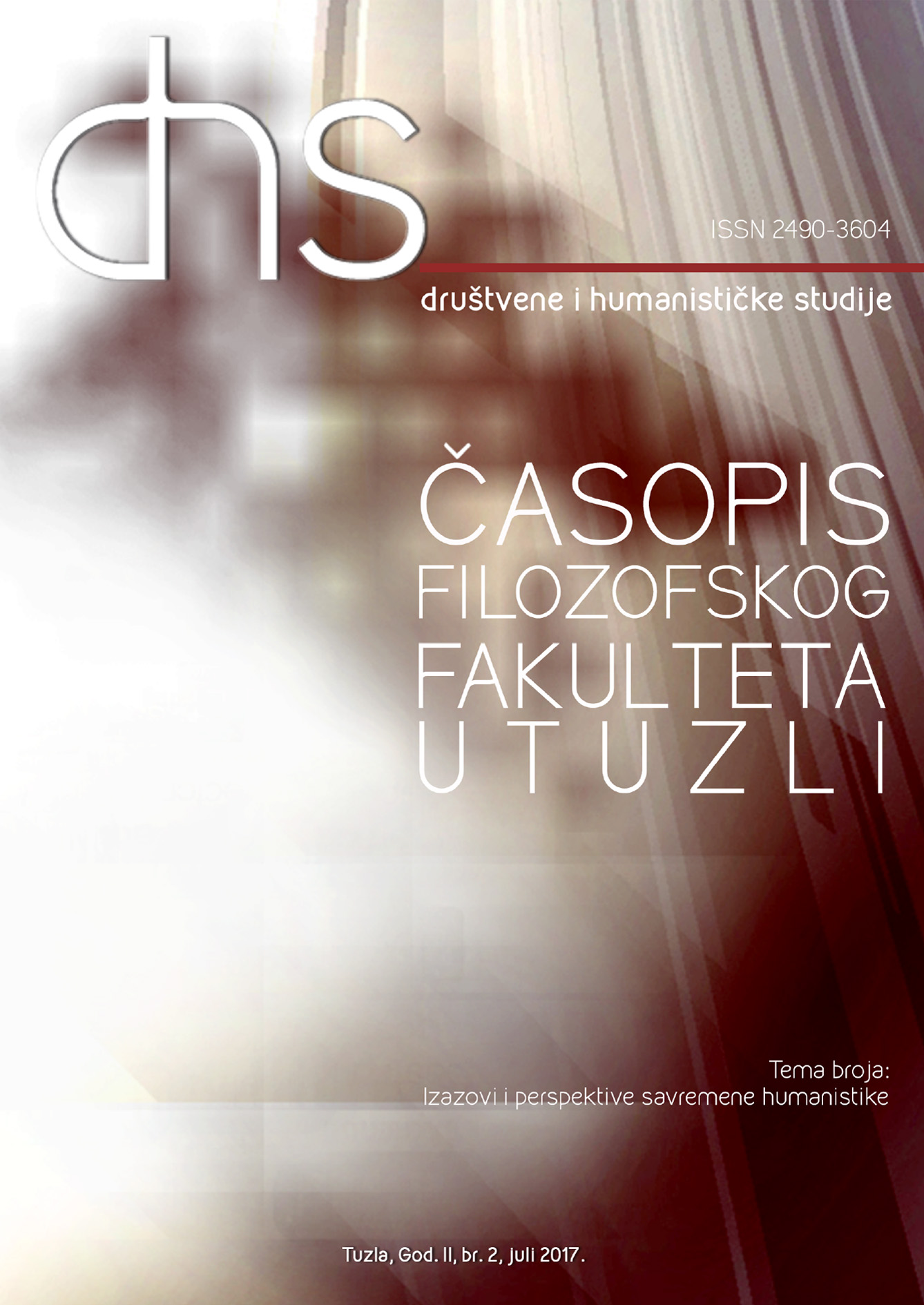Jezik televizijskih vijesti
Language of Television News
Author(s): Amer DžihanaSubject(s): Social Sciences, Language and Literature Studies, Media studies, Communication studies
Published by: Filozofski fakultet Univerziteta u Tuzli
Keywords: television; language; discourse; ideology;
Summary/Abstract: The basic requirement placed on television journalists is to communicate in a way that is understandable to everyone. On the other hand, the television language should be appealing and interesting to draw the attention of the audience. The language of television is not just a form of verbal communication. It includes visual expression as well. Historically, the principles such as: separating facts from comments, an unemotional manner of presentation, and the pursuit of fairness and balance have become the dominant features that characterize the nature of television news. In this paper, I describe and clarify the main characteristics of television language to shed light on the broader context within which television meanings arise. The focus is on the choice of terminology, figures of speech, the use of the passive voice, conventions of television producing, editing and the role of presenters. The identification and analysis of these elements enables the understanding of the background meanings which are often obscured, or presented as a fact deprived of any value orientation. Through the deconstruction of television language, I would like to turn the attention to the ideological effects of television, as well as seek to explain the fixed position of specific meanings and their constant reproduction in television discourse.
Journal: DHS-Društvene i humanističke studije: časopis Filozofskog fakulteta u Tuzli
- Issue Year: II/2017
- Issue No: 2
- Page Range: 427-441
- Page Count: 15
- Language: Bosnian

